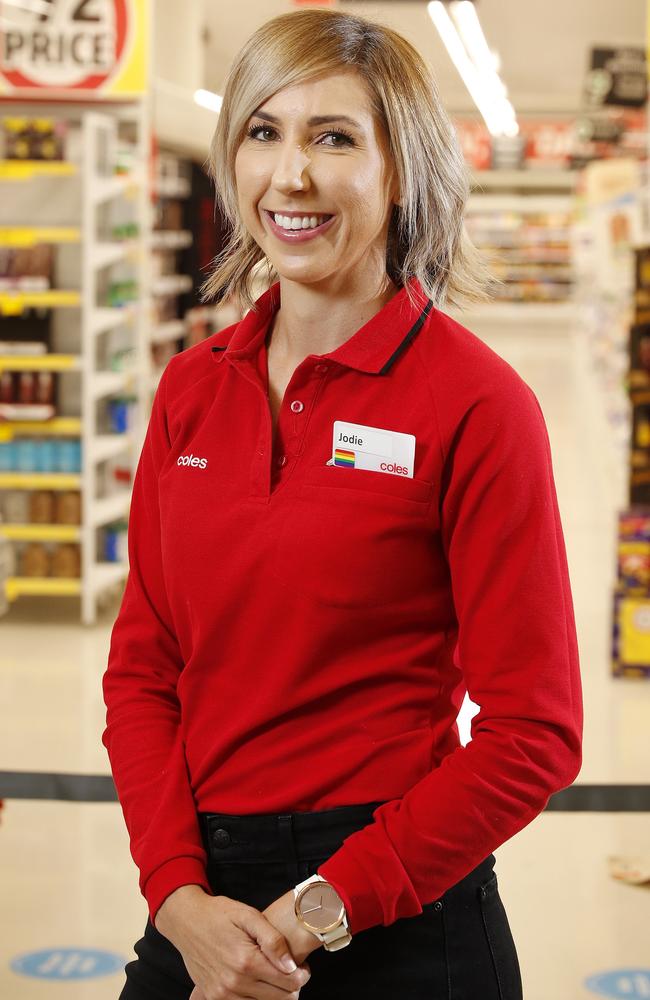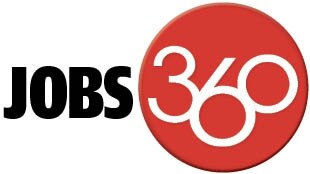Where you can find a job in Tasmania right now
We can reveal the 90,000 jobs, by region, that are waiting to be filled as the Australian employment market slowly recovers from the shock of COVID-19. USE OUR SEARCH TOOL
Tasmania
Don't miss out on the headlines from Tasmania. Followed categories will be added to My News.
- Free childcare, no penalty rates: Solving Australia’s jobs crisis
- Top 10 areas where Tasmanians have lost jobs
THE road to economic recovery is under construction and being lead by healthcare and our tradies.
Today we can reveal the 90,000 jobs, by region, that are waiting to be filled as the Australian employment market slowly recovers from the shock of COVID-19.
Hospitality hiring is also making a comeback, although demand in the travel industry remains very low.
Figures from job site Adzuna last week revealed Tasmania’s largest employing sectors were healthcare and nursing (368 available roles), trades and construction (228), hospitality and catering (120) and teaching (97).
Adzuna country manager for Australia and New Zealand Tejas Deshpande said job ad numbers were growing.
“In some states, demand for workers has returned to normal levels, replacing those jobs that were lost due to COVID – but we need more new jobs to be created,” he said.
“While the virus is a threat, any return to normal is an achievement right now.”
Watch our special Jobs 360 investigation in the video above.
Search for a job below:
Mr Deshpande said there had been a particular increase in hospitality and catering hiring in New South Wales, Queensland and Canberra, as more and more restaurants reopened.
The travel industry, however, was yet to rebound.
Last week, there were fewer than 50 travel jobs advertised across the whole country.
Hays regional director Eliza Kirkby said jobseekers were becoming more flexible and open-minded when looking for work.
They were willing to apply in different industries and less central locations.
“We recently recruited a number of roles for an abattoir and we were able to find candidates that wouldn’t have previously considered working in that environment,” she said.
“We are seeing candidates that were unprepared to consider temp roles previously, for the first time in their careers are open to temp work.
“We are seeing a much larger appetite of candidates being open to relocation or commuting longer distances.”
Ms Kirkby said there had been an increase in hiring in some regional areas, particularly off the back of increased tourist numbers as people travelled within their own states to comply with border restrictions.
“We are also seeing high demand for experienced professionals in resources and mining, healthcare, defence, IT, construction, trades and labour, office support, and accountancy and finance,” she said.
“In Victoria in particular, we are certainly seeing a stronger demand in regional centres than in metropolitan Melbourne.”

‘I WASN’T REALLY PREPARED’
As a member of Qantas’ ground crew, Jodie Hume was among the first Australians to feel the economic wrath of the COVID-19 pandemic.
The mother of two had been in the aviation industry for 15 years when she was stood down along with many of her colleagues.
“In March, like anyone, I wasn’t really prepared, I was kind of in denial, not sure of what was going on,” she said.
“I had a really good friend who said we should try to get work in case something happens.
“I am so grateful that I did with how everything has panned out.”
Luckily, Mrs Hume, 36, was quickly snapped up by Coles Lutwyche and was able to swap check-ins for check-outs.
“I had an interview on the Friday and knew that afternoon (I had the job) so that was awesome,” she said.
MORE NEWS
Jobs 360: Exposing Australia’s work crisis
Top 10 fat cat job agencies making $700m as workers struggle
Death of 38-hour week: Aussies can’t get work full-time
“Coles really helped my mental space as it was getting me out of the house and still talking to people.
“It was such a doom and gloom few months at the start so it definitely helped me get into a better space.”
For about three months, Mrs Hume did not go back to the airport at all.
These days, however, she works a mixture of Coles and Qantas shifts as flight volumes slowly begin to return.
She said her skills in customer service were transferable into her sales assistant role.
“You have a lot more time with the customer (at Coles),” she said.
“When I am checking someone in, they are in holiday mode or business mode and just want to have their boarding pass and scoot.
“When serving someone with groceries, they want to have a chat.”

OPTIMISTIC AUSSIES UPSKILLING FOR JOB SECURITY
There is greater optimism than pessimism about the employment outlook, according to a major national survey that also reveals a third of Australians are upskilling to increase their job security or work prospects.
Another key finding was just how adaptable most workers are with two-thirds of respondents willing to change industry if required and more than half prepared to move for a job.
The insights emerge from an exclusive jobs study among 1887 Australian adults by leading pollsters YouGov following last week’s federal budget. YouGov research director Julie Harris said the survey showed most people considered tax cuts for workers to be best way to get the job market back on track.
However, Ms Harris added, workers who felt more nervous about their employment than a year ago – and that’s nearly half the population – were less likely to spend any windfall from Canberra.
“And that’s a real issue for the recovery, with the way the Morrison government has outlaid money through tax cuts,” she said.
While 48 per cent of people felt less secure in their job than 12 months earlier, 40 per cent believed they were just as safe. And one in 10 had an increased sense of confidence.
Ms Harris said there was positivity among many Australians that the nation would recover from COVID-19.
“Four in 10 are saying it’s tough right now but we’ll get back on track – a level of optimism is definitely there,” she said. “But you’ve still got a third – and that’s a massive amount of people – who are pessimistic.”
Across the generations, Millennial and Generation X workers were most optimistic about the employment outlook, while Baby Boomers were less hopeful.
Men were more positive than women, as were people who are married when compared to singles.
In NSW, more people were slightly more optimistic than the national average.
In Victoria, understandably, people were less optimistic than the national average.
In South Australia, people were less optimistic than the national average.
In the Sunshine State, people were slightly more optimistic than the national average.
Ms Harris said the poll demonstrated that “Australians are very adaptable”. This is borne out by the finding that 67 per cent of Australians who are able to work were prepared to switch to another sector of the economy. And 56 per cent were willing to move within their city (24 per cent), state (13 per cent) or the nation (19 per cent) for a new job.
Ms Harris said it was important for policymakers “to look at who was willing” to move.
Women were more likely to say they would not be prepared to change. “That might be a structural issue such as that they can’t get childcare,” Ms Harris said.
People from NSW were least prepared (16 per cent) to move interstate, compared to 21 per cent of Victorians, 22 per cent of Queenslanders and 17 per cent of South Australians.
Nationally, 17 per cent of respondents said that since the pandemic began they had undertaken career-oriented training or learned new skills to improve their job security and another 16 per cent said they were about to.
Fifty-five per cent of workers reported they had not lost their job or had their hours cut. But 17 per cent said they had been made unemployed and 28 per cent are getting less work now than they were pre-COVID.
Originally published as Where you can find a job in Tasmania right now
